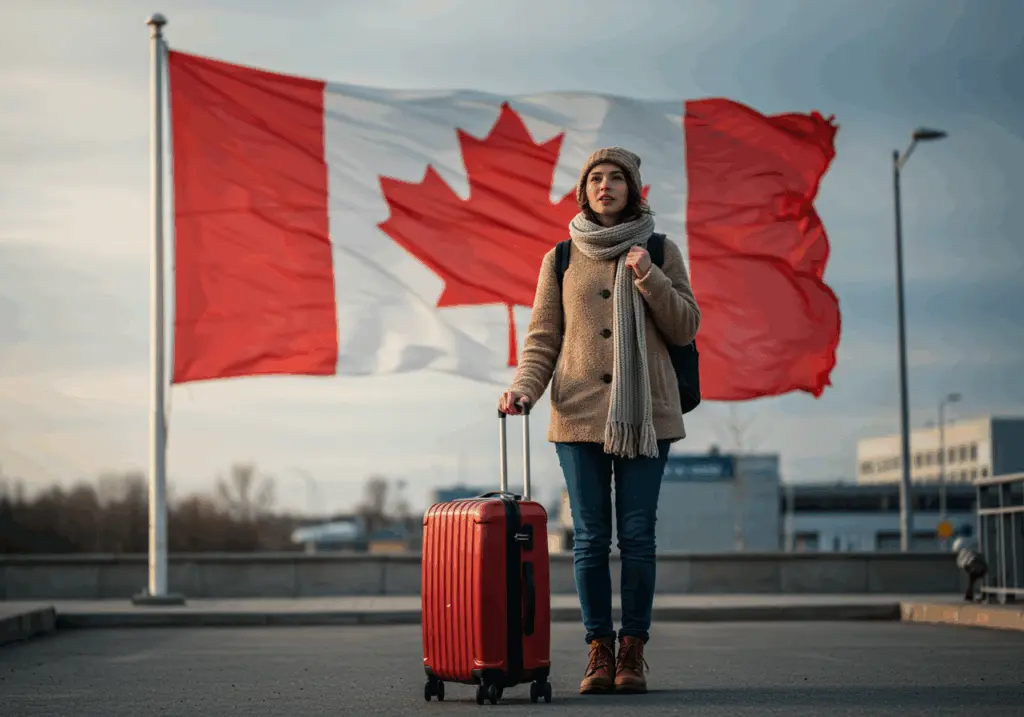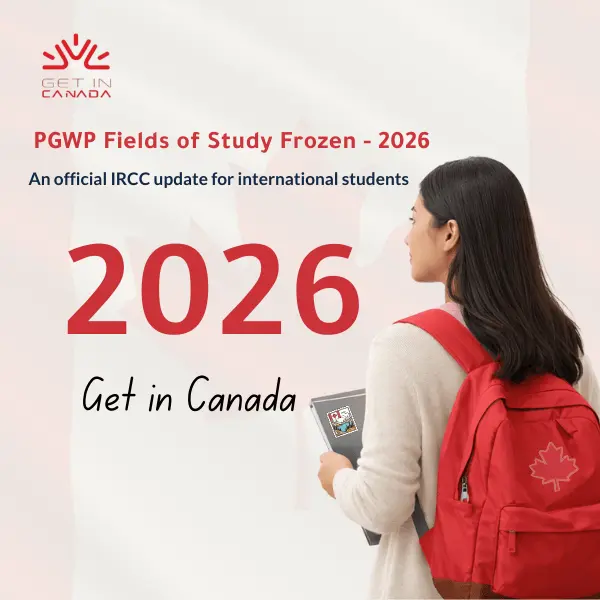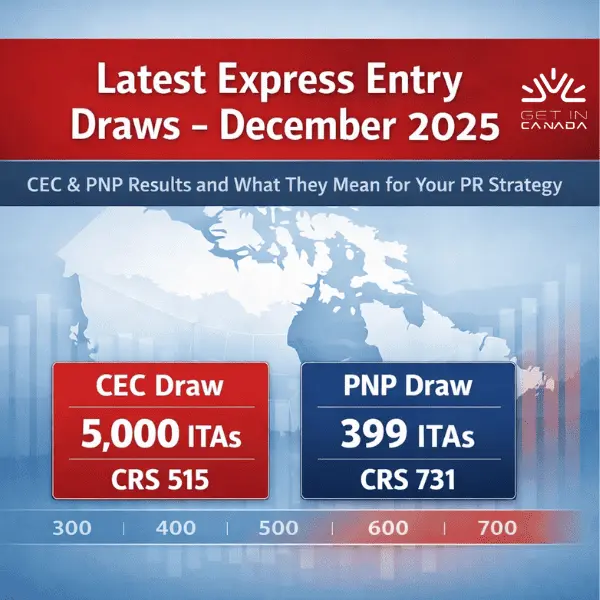10 Essential Travel Tips for Newcomers Moving to Canada in 2025
Relocating to a new country is never a simple undertaking, and moving to Canada—with its immense geography, multicultural cities, and varied climate—presents a unique blend of opportunities and challenges. For those arriving for the first time, preparation goes far beyond packing suitcases. It requires insight into Canadian customs, systems, and subtle cultural expectations that shape daily life.
Whether you’re arriving as a student, a skilled professional, or joining family, these Essential Travel Tips for Newcomers will help you navigate your new journey with greater confidence and clarity.

Understanding Canadian Entry Requirements
Your arrival in Canada begins long before you step on the plane. Entry into the country is strictly governed by visa type, and each has its own list of required documentation. Students, temporary workers, permanent residents, and refugees all pass through distinct Canada immigration pathways.
Before departure, ensure that your passport is valid for at least six months and that your travel authorization or visa is correctly issued. Carry physical and digital copies of all critical paperwork—such as your Confirmation of Permanent Residence (COPR), study or work permits, proof of funds, and job or admission letters.
Find out if you are eligible to get in Canada →
Choosing the Right Time to Travel
The timing of your arrival can shape your first impressions significantly. Winters, particularly in central provinces like Manitoba or Saskatchewan, can be unforgiving, with temperatures plunging well below freezing and heavy snow disrupting transportation. If you have flexibility, consider arriving in spring or early fall, when the Canadian climate is more moderate and adapting to your new environment is easier.
Avoid national holidays such as Canada Day (July 1) or Thanksgiving (second Monday in October), as airport congestion and limited services can make travel more difficult. For reliable weather forecasting, visit The Weather Network.
Booking Smart, Flying Smarter
Airfare to Canada can fluctuate wildly depending on season and departure points. Booking flights two to three months in advance generally results in better prices. Use platforms like Google Flights, Skyscanner, or Momondo to compare routes and costs.
Review airline baggage policies carefully—budget carriers may advertise low fares but charge heavily for checked luggage. Always pack essentials like medications, electronics, and important documents in your carry-on.
Preparing for the Canadian Climate
The climate in Canada is extremely diverse. In coastal cities like Vancouver, winters are rainy but mild. Contrast this with Winnipeg, where winter temperatures often drop below -30°C. If you’re arriving between November and March, prepare for snow, icy sidewalks, and sub-zero temperatures.
Pack thermals, snow boots, waterproof jackets, scarves, and insulated gloves. Even during summer, evenings can be unexpectedly chilly. To understand specific weather patterns by region, check Environment and Climate Change Canada.
Airport Arrival and Customs Procedures
Major entry points like Toronto Pearson, Vancouver International, and Montréal-Trudeau airports are equipped to handle international travelers. However, first-time visitors may find the Canadian customs and immigration process stressful. Using the ArriveCAN app before landing helps fast-track processing.
Be honest during declarations—failure to do so can result in fines or deportation. You’ll need to provide immigration documents, list carried goods, and explain the purpose of your visit. Review guidelines on the Canada Border Services Agency (CBSA) website to avoid surprises.
Currency and Financial Readiness
Although debit and credit cards are widely accepted in Canada, it’s still smart to arrive with a few hundred Canadian dollars (CAD) in hand. Airport exchange counters are convenient but typically charge high fees, so consider converting at your home bank or a reliable foreign exchange service before departure.
After settling in, open a Canadian bank account. Major banks like RBC, TD Canada Trust, and Scotiabank offer special packages for newcomers, including zero monthly fees for the first year and access to credit-building tools.
Setting Up Mobile and Internet Access
Having a mobile phone and reliable data connection is critical for navigating your first few weeks. SIM cards can be purchased at the airport or nearby retail outlets. National providers like Rogers, Telus, and Bell offer broad coverage but tend to be more expensive.
Budget options like Freedom Mobile, Public Mobile, and Chatr provide affordable alternatives in urban centres. Be sure to carry an unlocked device to avoid compatibility issues. Compare plans using WhistleOut Canada for the best deals.
Healthcare Awareness and Insurance Coverage
Canada offers a publicly funded healthcare system, but access is not immediate for everyone. Most provinces impose a 90-day waiting period for newcomers before Canadian healthcare coverage begins. In the meantime, short-term private health insurance is essential.
Bring copies of your immunization records, prescriptions, and a physician’s summary if you have existing medical conditions. Once eligible, apply for a provincial health card. For general healthcare information, consult Health Canada.
Adapting to Canadian Culture and Norms
Canada’s identity is grounded in multiculturalism and social harmony. Respect, punctuality, and courtesy are deeply embedded in the national ethos. Expect polite exchanges, even in casual interactions, and don’t be surprised when strangers offer to help with directions or luggage.
Canada’s official languages are English and French, with bilingualism more prominent in provinces like Quebec and New Brunswick. Understanding regional customs and embracing diversity will help you integrate more quickly into Canadian society. For cultural orientation, visit Canadian Heritage.
Finding a Place to Stay
Your first few weeks will likely involve short-term accommodation—hotels, Airbnb rentals, or student dormitories. These give you a flexible base while you search for long-term housing. When you’re ready to commit, be cautious: rental scams targeting new immigrants are widespread.
Never send money or sign a lease without verifying the property in person. Use legitimate listing sites like Rentals.ca, PadMapper, or Realtor.ca to find housing options that suit your needs and budget.
Navigating Public Transportation
Canada’s public transportation systems are clean, safe, and efficient. Major cities use reloadable cards such as:
- Presto Card (Toronto, Ottawa)
- Compass Card (Vancouver)
- OPUS Card (Montreal)
These cards allow access to buses, streetcars, and subways. Timetables and maps are available through local transit apps like Transit App and city-specific websites. For intercity travel, check VIA Rail or FlixBus Canada.
Staying Safe and Emergency Preparedness
Canada consistently ranks as one of the safest countries in the world. Still, it’s important to familiarize yourself with emergency protocols. Dial 911 for police, fire, or medical emergencies. Many provinces also offer 811 for non-urgent medical advice.
Install key apps such as WeatherCAN for alerts, ArriveCAN for travel documentation, and local province-specific emergency notification tools. For comprehensive emergency guidance, visit Public Safety Canada.
Conclusion
Relocating to a new country is as much a psychological journey as a physical one. These Essential Travel Tips for Newcomers are designed not just to get you to Canada, but to help you land on your feet with a sense of direction and dignity. Armed with preparation, patience, and cultural awareness, you’ll be well on your way to making Canada your home.











